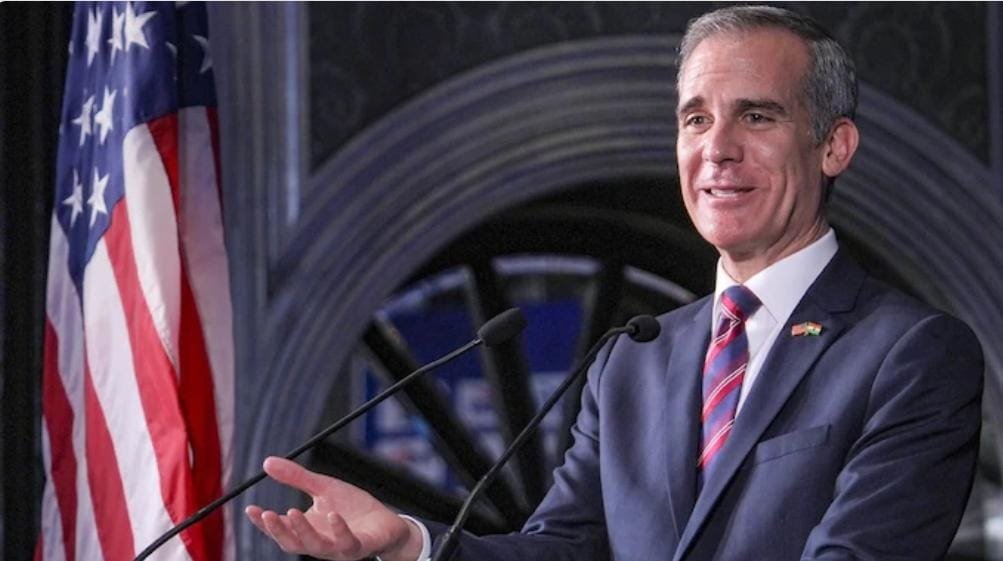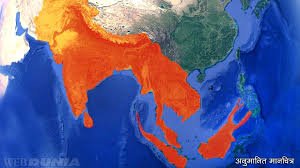Botswana’s President Mokgweetsi Masisi has indeed raised the idea of sending 20,000 elephants to Germany, as reported by various news outlets. This proposal comes amidst Botswana’s efforts to address the challenges posed by its large elephant population.Botswana is home to a significant elephant population, estimated to be around 130,000, making it one of the largest elephant habitats in Africa. Over the years, successful conservation efforts in the country have led to a notable increase in elephant numbers. However, this success has also brought about challenges related to human-wildlife conflict and ecosystem management.One of the primary concerns is the impact of elephants on local communities and their livelihoods. Elephants, in their search for food and water, often come into conflict with farmers, causing damage to crops and infrastructure. Additionally, the large presence of elephants can lead to habitat degradation, affecting other wildlife species and overall ecosystem health.In response to these challenges, Botswana has considered various management strategies, including controlled hunting, as a means to regulate elephant populations and mitigate human-wildlife conflict. The revenue generated from hunting permits can also contribute to conservation efforts and community development initiatives.Germany’s role in this context relates to its position as a significant importer of elephant hunting trophies within the European Union (EU). Concerns over poaching and the illegal wildlife trade have prompted discussions within the EU about imposing stricter regulations on the import of such trophies.President Masisi’s proposal to send elephants to Germany can be interpreted as a symbolic gesture aimed at highlighting the complexities of wildlife management and conservation. By suggesting that Germans experience firsthand the challenges of living alongside elephants, he seeks to underscore the importance of considering diverse perspectives and solutions in addressing conservation issues.Overall, the proposal reflects the ongoing dialogue surrounding elephant management strategies, human-wildlife conflict, and international cooperation in wildlife conservation efforts. It remains to be seen how this proposal will be further discussed and potentially implemented within the broader context of wildlife conservation and international relations.
Managing Botswana’s Elephant Population: Challenges and Solutions



